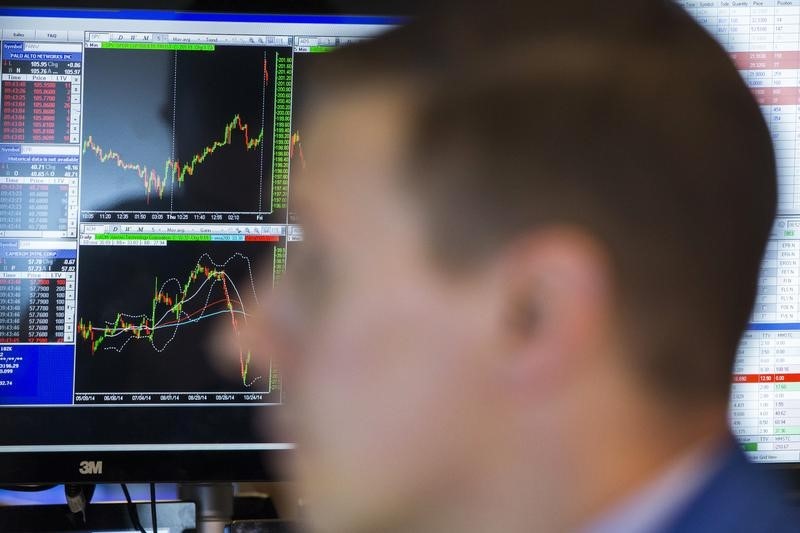Intriguing Reactions: Gulf Markets Navigate Regional Conflicts and Fluctuating Oil Prices
Today, the major Gulf stock markets exhibited mixed performances as regional tensions and fluctuating oil prices affected early trading. Following escalating conflicts, residents of Beirut were seen evacuating their homes after multiple explosions on Sunday night. This exodus followed Israel's announcement of upcoming strikes on Hezbollah-affiliated financial sites in Lebanon and its immediate evacuation request from these areas.
According to Palestinian officials, Israel's military operations in Gaza have resulted in the loss of over 42,500 lives and left the majority of Gaza's 2.3 million population homeless.
In the financial sector, Saudi Arabia's benchmark index rose by 0.7%, showing the potential to end a two-session losing streak. Al-Rajhi Bank increased by 1.3%, while Saudi National Bank, the country's largest lender, saw a 1.2% rise.
Conversely, Dubai's main share index experienced a marginal 0.1% decline, impacted by a 0.5% drop in Emirates NBD and a 1.1% fall in low-cost airline Air Arabia. Meanwhile, the Abu Dhabi index reported a slight increase of 0.1%.
In a separate development, according to Khaleej Times, Lulu Group International, one of the Middle East's largest hypermarket chains, announced plans to offer a 25% stake in an Abu Dhabi initial public offering.
Qatar's benchmark index fell by 0.3%, with shares of Qatar Islamic Bank dropping 0.6%. Oil prices, which significantly influence the Gulf financial markets, saw a mild recovery in Asian trading after plummeting over 7% last week. This decline was due to concerns about demand from China, the world's largest oil importer, and diminishing worries regarding potential supply disruptions in the Middle East.


